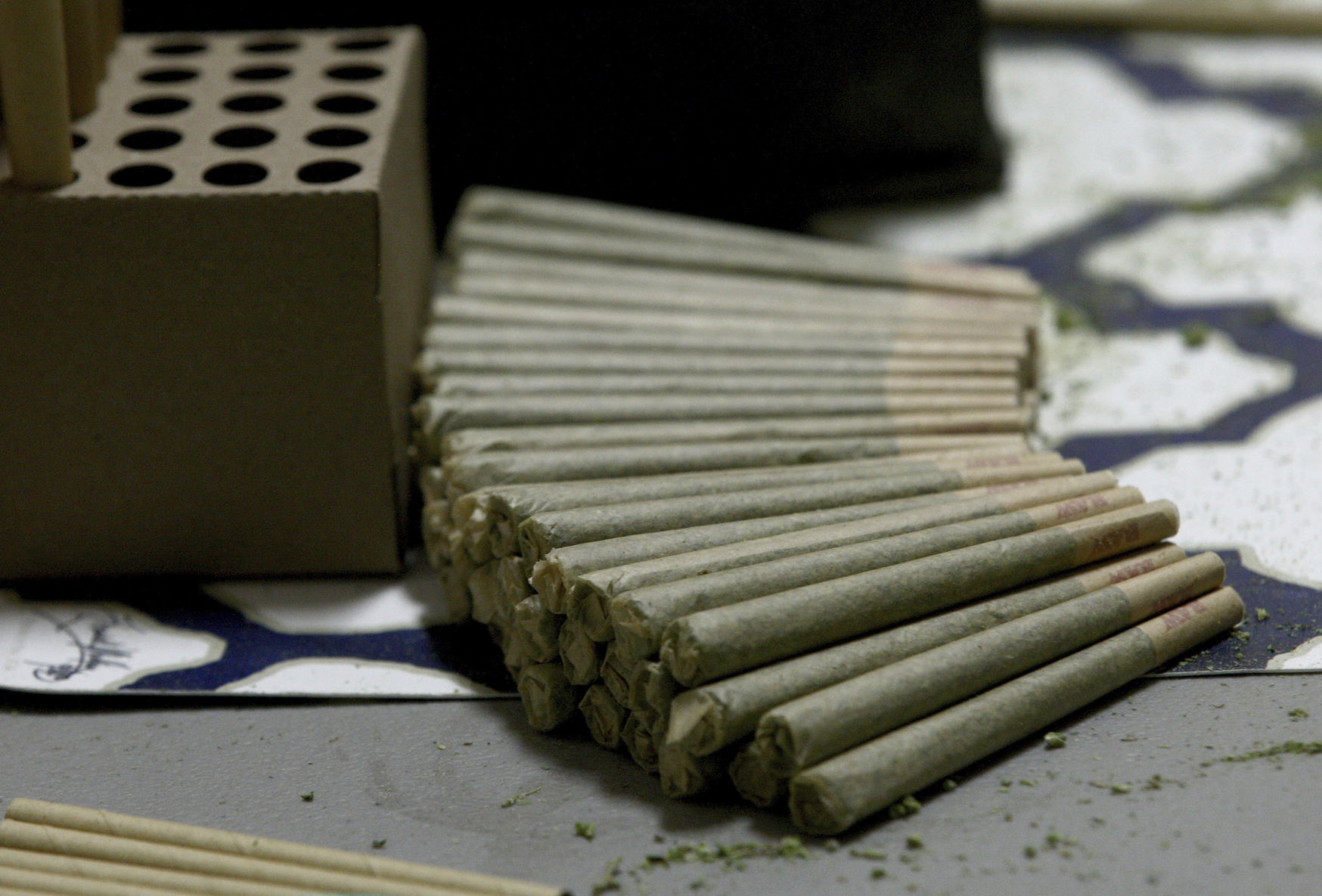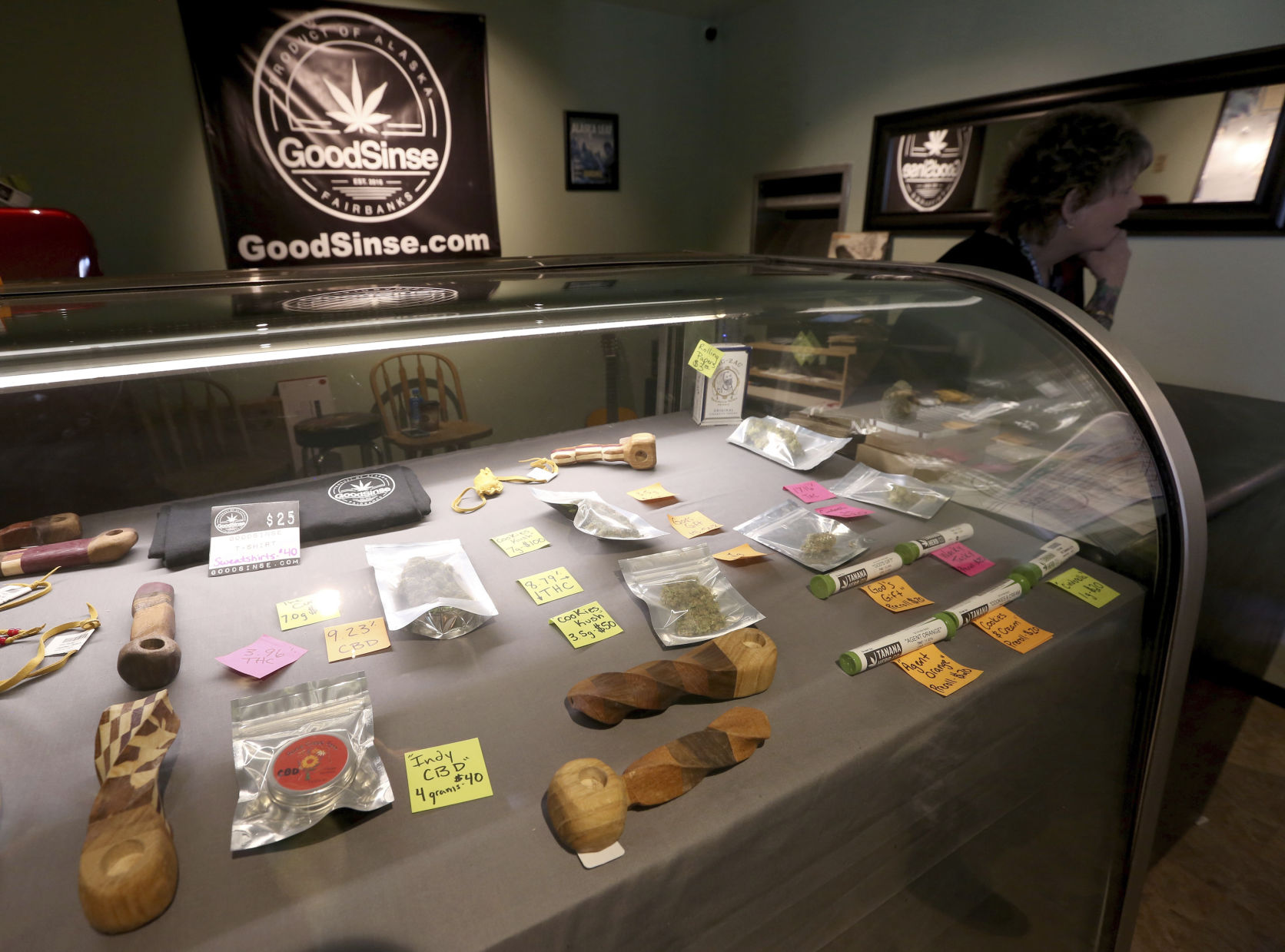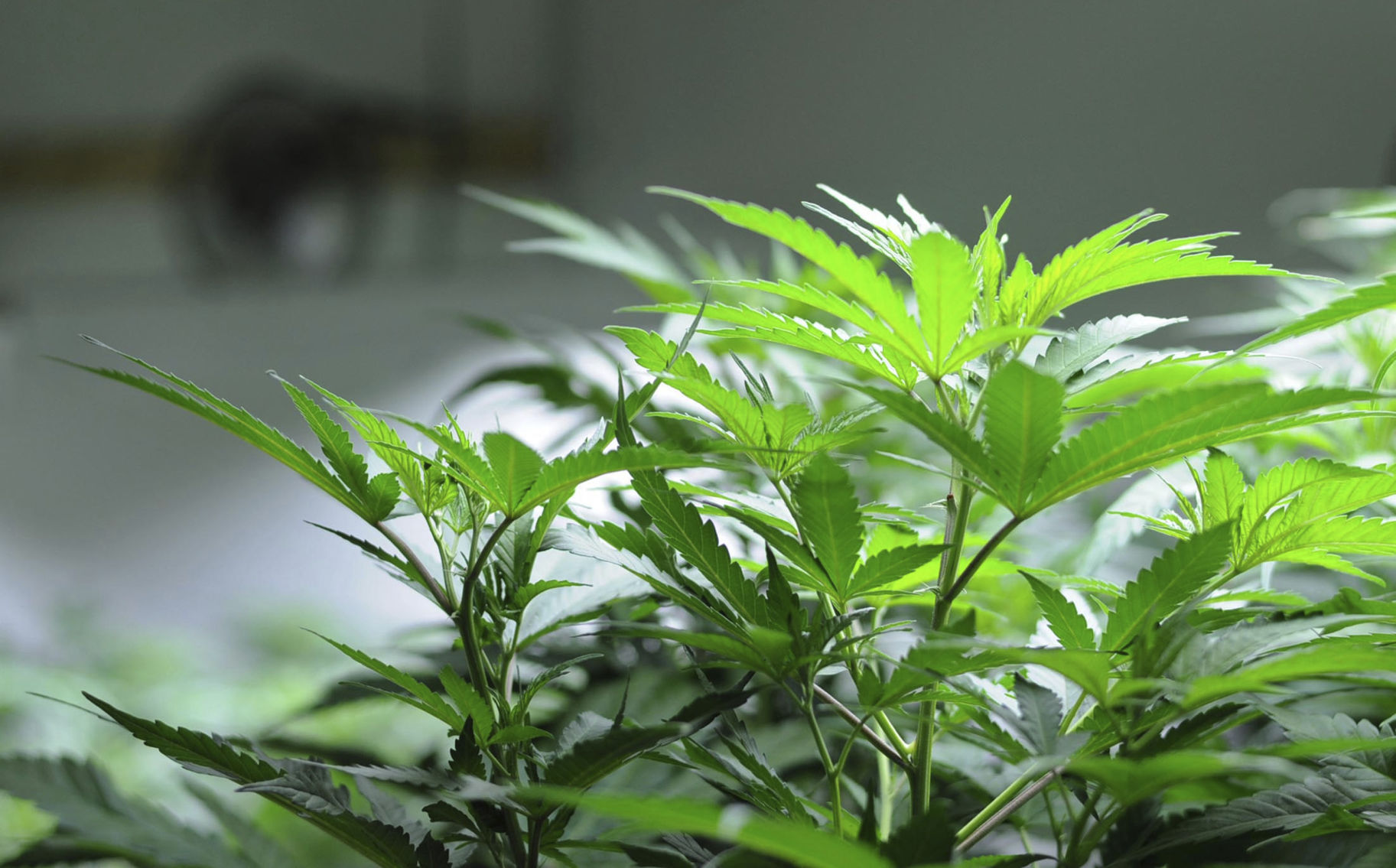ANCHORAGE, Alaska (AP) — Voters in some parts of Alaska were deciding whether to ban commercial marijuana cultivation and retail sales, three years after the nation’s largest state passed a voter initiative legalizing the recreational use of the drug. The
ANCHORAGE, Alaska (AP) — Voters in some parts of Alaska were deciding whether to ban commercial marijuana cultivation and retail sales, three years after the nation’s largest state passed a voter initiative legalizing the recreational use of the drug.
The votes Tuesday came during local elections in the state’s major marijuana growing areas — in and around Fairbanks and on the Kenai Peninsula southwest of Anchorage.
The 2014 statewide initiative that legalized marijuana allows local governments to ban pot businesses within their borders.
If the bans are successful, they could force retail stores and cultivation facilities to close within 90 days and leave a gaping hole for other retail stores across the state in need of product. Personal use and growing pot at home for that use would still be allowed.
Backers say zoning laws are too lax, letting pot businesses open too close to homes. Proponents fear any rollbacks will embolden other communities to institute bans or the Legislature to roll back legalization.
The election was being held the same day the Alaska Department of Revenue released its monthly marijuana tax receipts from cultivators. The state collected nearly $700,000 in August, which was the highest monthly amount since collections began last October. Ten new cultivators began paying taxes in August, and half are from areas where votes were being held Tuesday.
Since October 2016, cultivators in the greater Fairbanks area have paid nearly $1.2 million in taxes, while those on the Kenai Peninsula have paid more than $655,000. The state doesn’t have tax figures for retails stores since those taxes are paid to local governments only.





